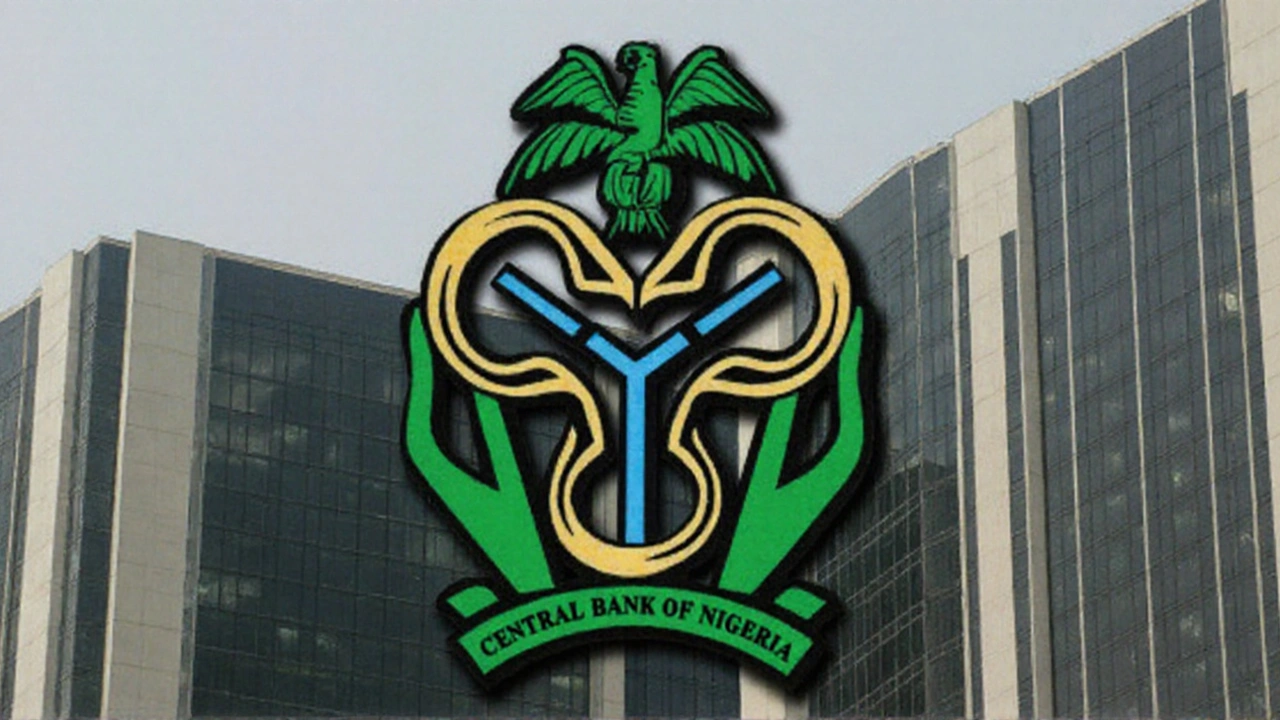SME financing: practical tips and the latest updates
Running a small business in South Africa can feel like a juggling act. One moment you’re handling customers, the next you’re hunting for cash to keep the lights on. That’s why understanding SME financing is a game‑changer. Below you’ll find straightforward advice on where to find money, how to boost your approval odds, and why staying updated with local news matters. Let’s cut the jargon and get to the useful stuff.
Where to find money for your small business
First stop: the banks you already know. Most major South African banks offer dedicated small‑business loan packages with flexible repayment plans. If you have a solid credit score and a clear cash‑flow forecast, you can usually walk away with a term loan or an overdraft facility.
Next, check out government‑backed schemes. The National Small Business Development Agency (NSBDA) runs grant programmes and interest‑subsidised loans aimed at startups in Cape Town and beyond. These grants often target specific sectors, like tourism or green tech, so keep an eye on announcements.
Microfinance institutions (MFIs) are another option, especially if you need a smaller amount quickly. MFIs tend to have lighter documentation requirements, though interest rates can be higher than bank rates. Crowd‑funding platforms like Thundafund also let you pitch your idea to the public and collect small contributions from many backers.
Finally, consider venture capital or angel investors if your business has high‑growth potential. They bring not just cash but mentorship and networks. Look for local investor groups that focus on South African SMEs; many host pitch events where you can showcase your plan.
How to improve your chances of getting approved
The easiest way to win a loan is to show you know your numbers. A concise business plan that outlines revenue streams, projected expenses, and a break‑even analysis can make a big difference. Keep it to three pages and use real data wherever possible.
Your personal and business credit scores matter. Pay any existing debts on time, and try to clear small balances before you apply. If your credit history is thin, consider a co‑signer or a small collateral item—like equipment or inventory—to reassure lenders.
Cash flow is king. Lenders want to see that you can cover monthly repayments. Prepare a cash‑flow statement that highlights regular income, seasonal dips, and how you’ll handle unexpected costs. Showing a buffer of at least one month’s expenses can tip the scales in your favor.
Don’t forget to gather all required documents ahead of time: tax returns, bank statements, proof of ownership, and any existing contracts. Submitting a complete packet reduces back‑and‑forth and speeds up the decision.
Staying informed is easier when you follow local news sources like Cape Sun News. We regularly cover policy changes, new grant roll‑outs, and success stories from other SMEs. A quick read can give you fresh ideas or alert you to a funding window that’s about to close.
In short, SME financing isn’t a mystery—just a mix of knowing where to look, preparing the right paperwork, and keeping an eye on the latest developments. Use the tips above, stay proactive, and watch your business grow.
Nigeria interest rate cut: How the 50‑bp CBN move could reshape SME credit and household loans
The Central Bank of Nigeria lowered its policy rate by 50 basis points, a bold step that analysts say reflects rising confidence in the economy. Faster GDP growth, a surge in foreign direct investment and a shift toward naira‑denominated assets set the stage. The cut promises cheaper credit for small firms and households, but its impact hinges on banks' response and exchange‑rate management.

